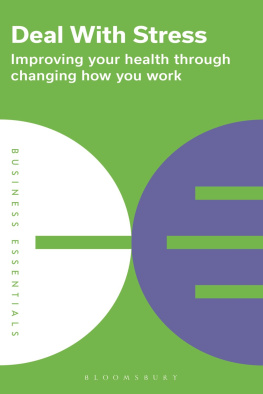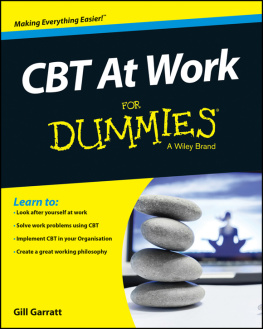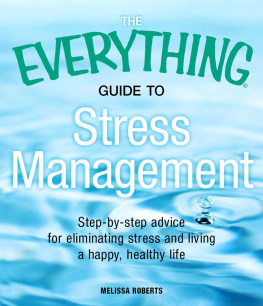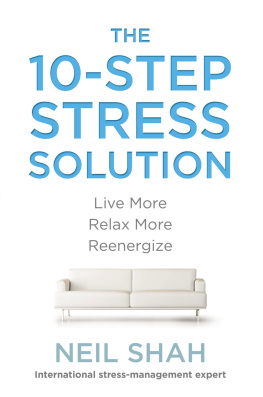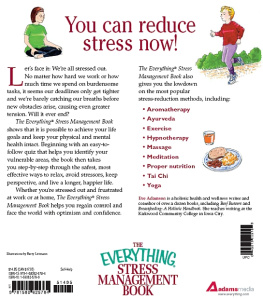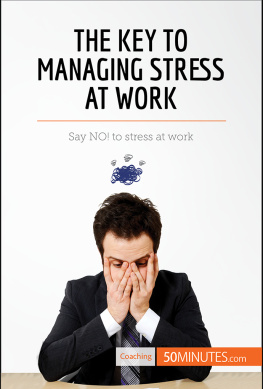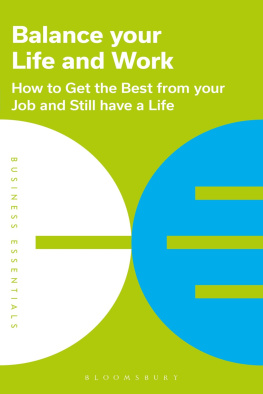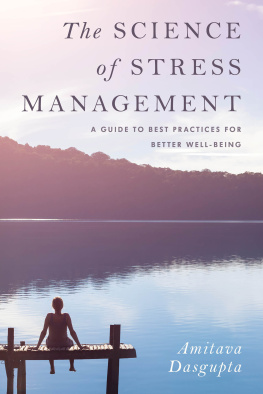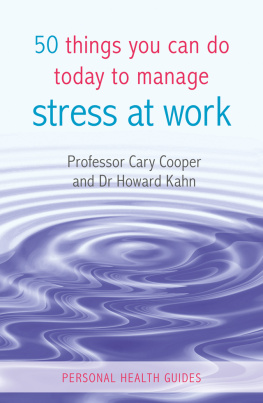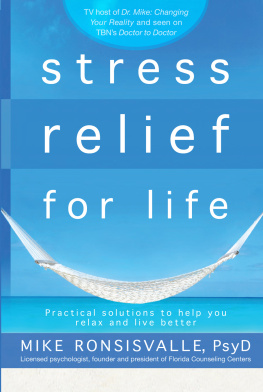

Contents
Stress is generally considered to be a feeling of being out of control or overwhelmed by a threat, whether real or imagined. Anything from worrying about traffic delays to losing a loved one can make us feel stressed. Stress can also be considered a positive, thing a motivator. Feeling under stress, up to a point, can help us meet deadlines, perform in sports and generally feel more energized.
The body responds in different ways, some visible and some not: your blood pressure may go up, you may start sweating, you may have a panic attack, you may start feeling sick. These reactions derive from something known as the fight or flight response, an automatic survival mechanism that is triggered in the human body when it perceives something dangerous. Imagine, for example, you encounter a tiger in the forest. The human body is designed to react in one of two ways: by fighting or running away. Both the endocrine and nervous systems evolved to make sure that, when threatened, humans react quickly to ensure their survival.
However, in modern life, the tiger is more likely to be anxiety about less obvious threats, such as work pressure, health issues or family problems. They may not have claws or teeth but this doesnt mean that the stress is any less real or dangerous, especially to our health. Stress is a known cause of many diseases, including cancer, depression, high blood pressure and heart attacks.
Being under pressure and having to deal with many different problems and priorities is part of modern life. But there are times when that pressure is too much, and makes us stressed and unhappy. How we manage that stress, whether at work or at home, is important for managing our mental and physical health. In this book, well be looking at ways to respond to and deal with stress in the workplace, to ensure that it remains a positive force rather than a negative influence.
Answer the following questions and work out your stress profile. To what extent do you suffer from stress? How can you best focus your stress relief efforts?
How many of the following symptoms do you have: irritability; difficulty concentrating; feeling put upon; loss of sense of humour; constant tiredness; loss of appetite; insomnia; nail biting; indigestion; food cravings; nausea?
a)14b)58c)911
How many of the following hassles do you experience: lots of travelling; long hours; client/customer troubles; difficult office politics; tight deadlines; cumbersome bureaucracy; making mistakes; work interfering with personal life; too many dull tasks; worries about job security; constant interruptions?
a)14b)58c)911
How do you feel about the amount of information that comes your way every week?
a) No problems. Anything unnecessary is immediately filed in the bin!
b) OK. I have a clear-out every so often, otherwise it all gets too much.
c) Overwhelmed. There is no way I can take it all in.
How do you react to unexpected difficulties?
a) I think about ways of dealing with the problem from its source outwards.
b) I try to follow solutions to similar problems Ive experienced in the past.
c) Im not a great problem solver and so sometimes I panic.
How would you describe the process of delegation?
a) Its an important process for the development of yourself and your staff.
b) Its a useful tool if you havent got time to do something, pass it on!
c) I see it as laziness. If a job comes your way, it is up to you to deal with it.
How many of the following do you experience regularly: feeling ignored; difficulty expressing opinions; feeling put upon; sense of inferiority; extreme gratefulness when your opinion is sought; sense of being out of control in meetings; trouble saying no?
a)12b)34c)57
How would you describe the management culture in your organization?
a) Generally open and friendly.
b) Managers can be intimidating at times.
c) Employees often feel steamrollered, even bullied.
How do you view the level of morale in your organization?
a) Pretty high there is for the most part an air of satisfaction and achievement.
b) There are always malcontents, but its generally fine.
c) Very low. Several colleagues are thinking of leaving the organization.
a = 1b = 2c = 3.
Now add up your scores.
is useful to everyone as it will help you identify the forms stress can take, and give you advice on how to get your stress levels back under control.
1824: You are probably near the end of your tether but help is at hand! Read suggests new ways round them.
1217: You suffer from moderate levels of stress. Conduct a time audit and follow the advice given in 5.
: Stress hasnt got the better of you yet! Conduct a time audit (Chapter 2) as a preventative measure. This will make you more aware of your worklife balance and help you identify possible sources of stress in the future.
by Cary Cooper and Susan Cartwright
Lecturers in organizational psychology and health
For many individuals, joining the enterprise culture has entailed a substantial personal cost: stress. The word stress has found as firm a place in our modern lexicon as fast food, social media and wifi. Its a high-stress job, people often say, awarding an odd sort of prestige to an occupation.
But for people whose ability to cope with day-to-day matters is at crisis point, the concept of stress is not a matter of bravado. For them, stress can be translated as pain.
Step one: Spot the symptoms
Its important to be able to distinguish between pressure and stress. Pressure is motivating, stimulating and energizing. But when pressure exceeds our ability to cope, stress is produced. Continued high levels of stress can, at worst, result in illness, depression or even nervous breakdown.
However, fortunately there are a number of signals that help you detect when your levels of stress are bordering on dangerous.
Take a good look at your well-being. If you experience any number of the following behavioural and physical symptoms on a frequent or near-constant basis, it might be time to start looking for causes and to reassess your priorities. These symptoms may be your bodys way of telling you that you have crossed over the dividing line between healthy pressure and harmful stress.
Behavioural symptoms:
constant irritability with people;
difficulty in making decisions;
loss of sense of humour;
suppressed anger;
difficulty concentrating;
inability to finish one task before rushing into another;
feeling the target of other peoples animosity;
feeling unable to cope;
wanting to cry at the smallest problem;
lack of interest in doing things after returning home from work;
waking up in the morning and feeling tired after an early night;
constant tiredness.
Physical symptoms:
lack of appetite;
craving for food when under pressure;
frequent indigestion or heartburn;
constipation or diarrhoea;
insomnia;
tendency to sweat for no good reason;
Nervous twitches or nail biting;
headaches;
cramps and muscle spasms;
nausea;
breathlessness without exertion;
fainting spells;
impotency or loss of libido;
eczema.

